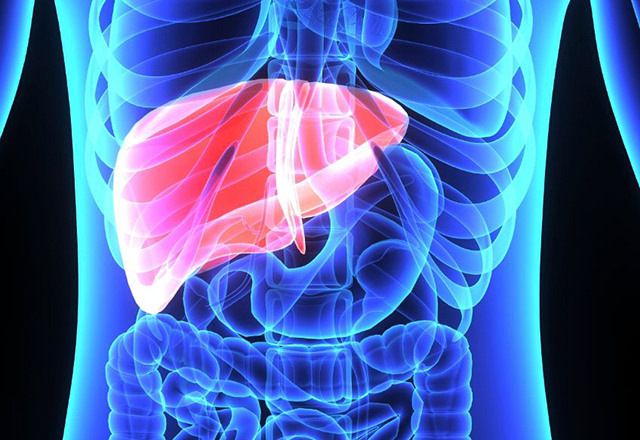By Kate Burba
BOSTON — Response to treatment for acute kidney injury correlated with improved 90-day survival and shorter lengths of hospital stay among patients with cirrhosis waitlisted for liver transplant, according to data at The Liver Meeting.
“[Acute kidney injury] in cirrhosis occurs commonly in hospitalized patients with cirrhosis and leads to worse outcomes,” Xing Li, MD, MBA, a third-year gastroenterology fellow at Massachusetts General Hospital, told Healio. Read the full article in Healio.


